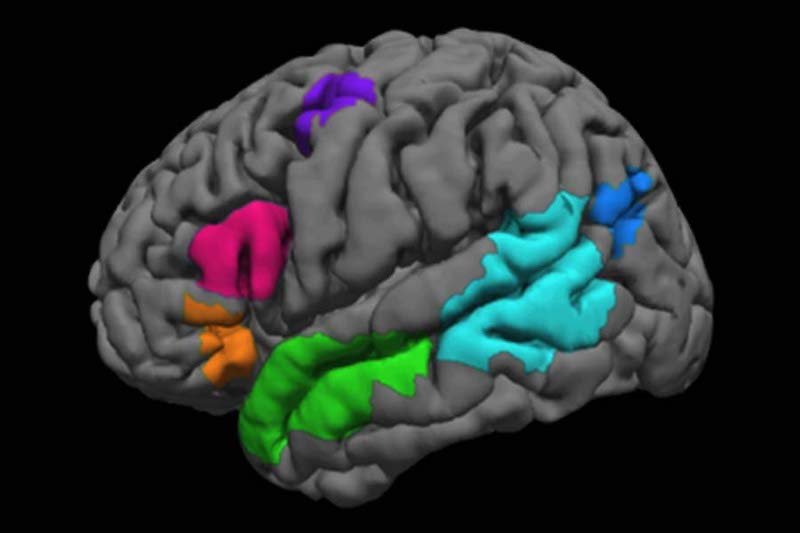Your grandfather’s inability to hear certain words in a noisy environment has nothing to do with the loss of hair cells in the inner ear, which are damaged over time. Researchers at Johns Hopkins University have found the reasons why the brain can’t hear words.
Scientists have long linked inevitable age-related hearing loss to damage to the hair cells of the inner ear. But the new study, published in the latest issue of the academic Journal of Neuroscience, found that it may have something to do with the failure to turn off certain brain cells that are actively working amidst ambient noise.
In experiments on old mice, researchers found that not turning off these cells, which actively encounter noise, creates a blurred sound wave that makes it difficult for the brain to focus on a single type of sound, such as spoken words, the journal reports.
- Research: Eating potatoes helps weight loss
- We’ve Found A Subtle Genetic Imbalance That Could Be Driving Aging
Prof. Patrick Kanold, Biomedical Engineer at Johns Hopkins University, and colleagues recorded the activity of 8,78 brain cells in the auditory cortex area of 12 old mice (16-24 months) and 10 young mice (2-6 months). The researchers had the mice lick tap water when they heard a sound and then performed the same exercises with ‘White Noise’ playing in the background.
Even when there was no noise, the older mice licked the water faucet when they heard the melody, just like the younger mice.
When the researchers presented ‘White Noise’ in general, the older mice were worse at detecting the tone and licking the faucet than the younger mice.
To directly find out how auditory neurons perform during hearing tests and to look at the auditory cortex in the mice, the researchers used a 2-photon imaging technique and fluorescence technology to identify and measure the activity of hundreds of neurons simultaneously.
Under normal conditions, when brain circuits functioned properly in the presence of ambient noise, the activity of neurons increased when the mice heard the sound, while at the same time other neurons were suppressed or turned off.
However, in most aged mice, the balance tended to have predominantly active neurons, and neurons that should have stopped when the sound was turned on in the presence of a noisy background failed to do so.
The researchers found that there was 2-fold more neuronal activity in old mice compared to young mice just before the sound signal.
One possible reason for this result, Kanold said in the report published Sunday on the Johns Hopkins University website, “could be that in older mice the brain is overactivating or pretending that there is a sound.”
Mohamed Abdulhalim, a consultant in psychiatric and neurological diseases at Menoufia University in Egypt, is keenly interested in this result, which changes the prevailing understanding of the causes of hearing loss in the elderly.
“We are waiting for more experiments on animal models larger than mice before confirming the results in humans. This will shed light on one of the biggest problems of the elderly, which usually occurs after the age of 65, when they have difficulty distinguishing individual conversations when they are in a public place,” Abdulhalim said.




